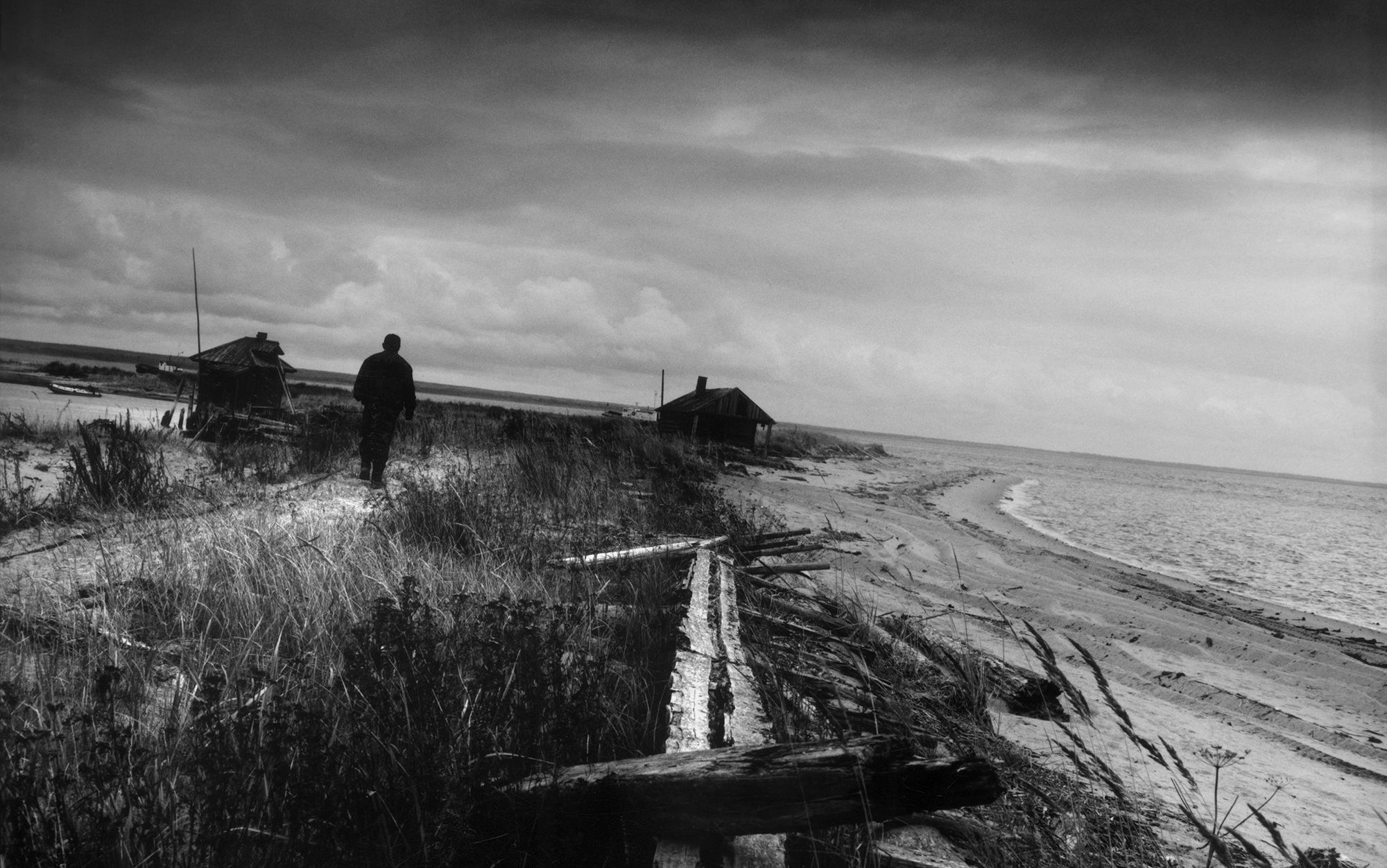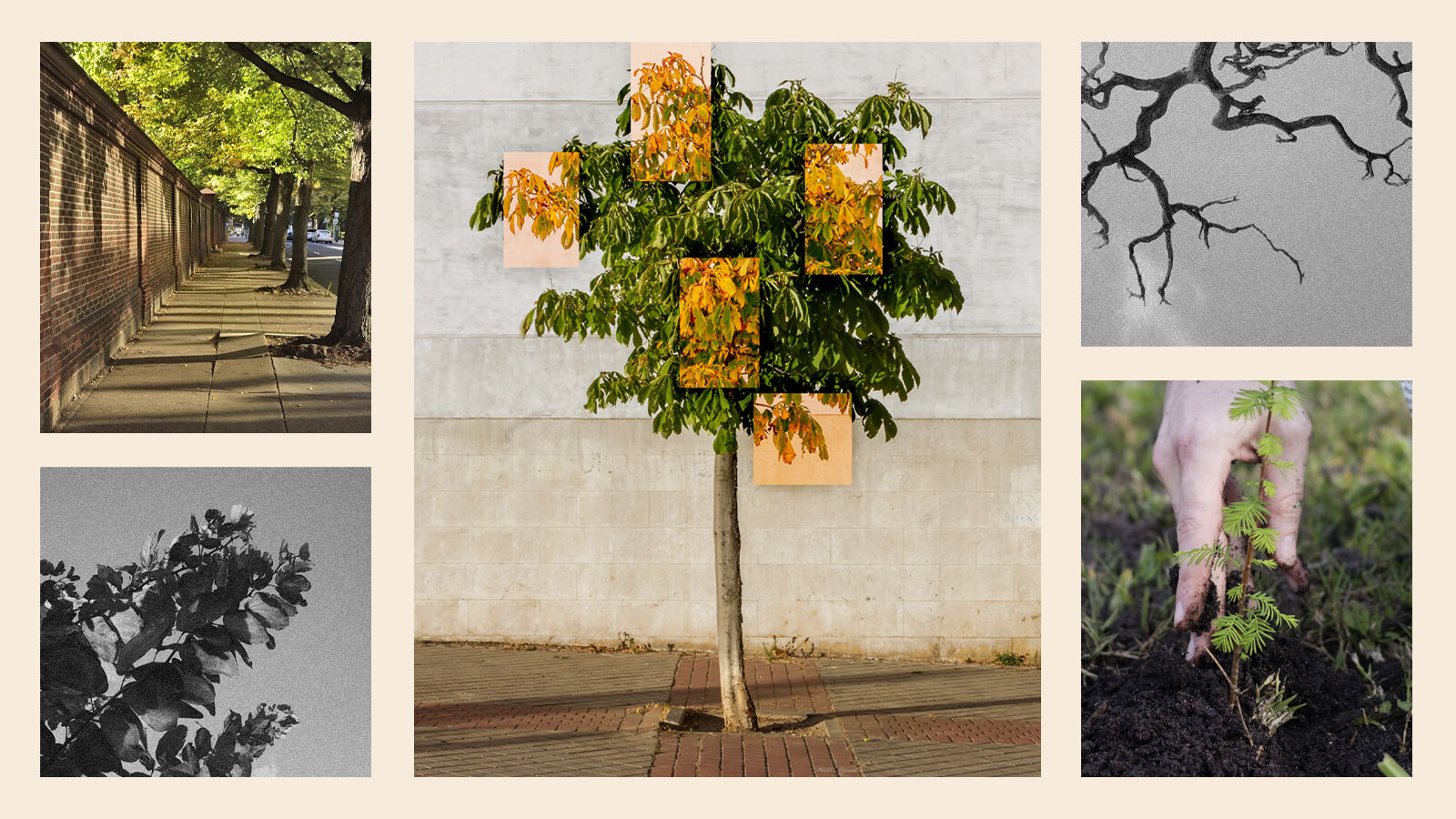
Free yourself from the tentacles of pain with radical acceptance | Aeon Essays
is a psychologist in private practice and senior fellow with the Council on Contemporary Families. His books include The Marriage Makeover (2004), The Lazy Husband (2005), When Parents Hurt (2007) and Rules of Estrangement (2021). He lives in the San Francisco Bay Area.
Terrible things can happen. You get diagnosed with an incurable disease. Your accident changes your ability to do the activities that made life fun and meaningful. Your spouse decides that they want someone else. Even if you’re lucky enough to avoid huge life-changing events, you’re going to be faced with disappointments, hurts or humiliations that require you to make sense of the many ways that existence can be painful.
The inevitability of suffering is written into every aspect of our shared past. It has preoccupied philosophers such as Aristotle, Socrates, the Stoics, the Epicureans and the Cynics. Religious leaders have instructed the faithful in the meaning of suffering since humans first conceived of spirits or gods. The belief that our interpretation of events determines our experience of pain was seen in the writings of the 7th-century Buddhist Dharmakīrti and the 11th-century Islamic polymath Ibn al-Haytham. The universality of suffering is made palpable through works of art such as Michelangelo’s unfinished sculpture the Rondanini Pietà (1552-64), or J S Bach ’s Chaconne in D Minor (c1710s-20s), to name only a few.
Despite all of that accumulated wisdom and perspective, I am still at a loss for what to say to some of my friends or clients in pain. There isn’t a new body for the woman diagnosed with Stage 4 ovarian cancer. No new spine for my friend who had a severe spinal cord injury from a skiing accident. There are also no straightforward solutions for the parents whose adult children no longer want them in their lives – an area in which I’ve been specialising for the past 15 of my 40 years as a psychologist. It’s not uncommon for such people to ask: ‘Will I die alone in a hospital bed with no children or grandchildren to comfort me? Who will bury me? Will my children even miss me once I’m gone?’













.png)







